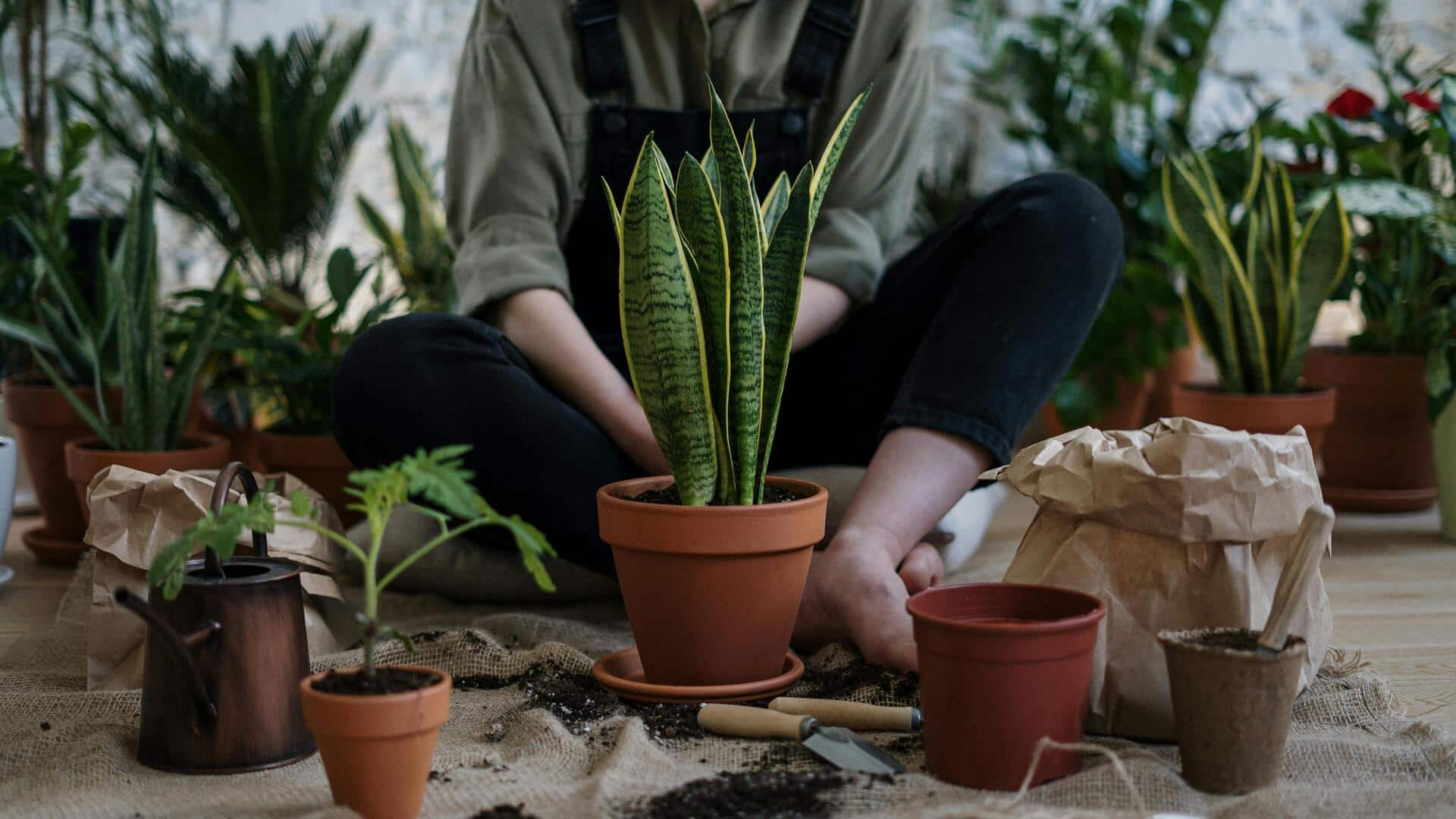
Grow fresh flavors right outside your window
What's the story
Creating a herb sanctuary on your balcony can be both rewarding and practical. With limited space, growing herbs allows you to enjoy fresh flavors while enhancing your living environment. Not only does this practice contribute to sustainable living, but it also offers an opportunity to connect with nature. Here are some insights into establishing and maintaining a successful herb garden on your balcony, ensuring it thrives in any urban setting.
Tip 1
Choosing the right herbs
Selecting the right herbs is key to a successful balcony garden. Go for herbs that require less space and can grow well in containers, such as basil, mint, and parsley. These herbs not only flourish in small spaces but also provide a variety of flavors for your culinary needs. Consider your climate and sunlight availability when making your choice, as some herbs prefer more sun than others.
Tip 2
Container selection and placement
The choice of containers is essential for your balcony herb garden. Choose pots with good drainage to avoid waterlogging, which can damage plant roots. Terracotta or ceramic pots are good options because they allow air to circulate through the container walls. Place your containers where they get at least six hours of sunlight every day, either by placing them directly in sunlight or using reflective surfaces to maximize light exposure.
Tip 3
Watering techniques for optimal growth
Proper watering is key to healthy herb growth in a balcony garden. Water your plants regularly, but avoid overwatering by checking soil moisture before each watering. A good rule of thumb is to water when the top inch of soil feels dry to the touch. Early morning or late afternoon are ideal times for watering, as they minimize evaporation losses.
Tip 4
Fertilizing for healthy plants
To ensure healthy growth, fertilize your herbs every four to six weeks during the growing season with organic fertilizers like compost or liquid seaweed extract. These provide essential nutrients without harming the environment around you or altering the taste of your homegrown produce significantly. This is unlike the synthetic options available commercially today.